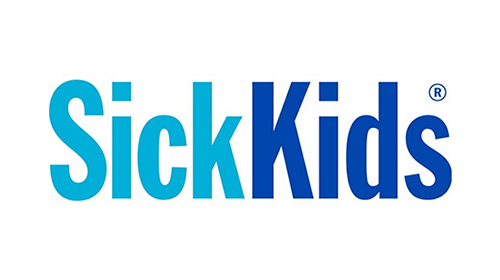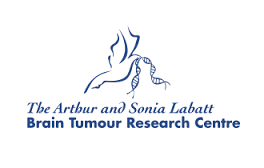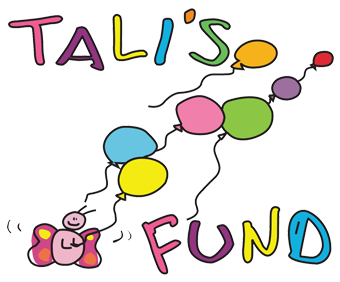Childhood Cancer:
- ALL CHILDHOOD CANCERS ARE CONSIDERED RARE, because they account for less than one percent of all cancers.
- Yet each year, an estimated 400,000 children and adolescents worldwide are diagnosed with cancer.
- Despite its rarity, cancer is considered the most common cause of disease-related death in children.
- Compared to adult cancers, only a small proportion of childhood cancers have known causes.
“Childhood cancer is rare, compared to adult cancer—and overall, that’s a very good thing. But calling it rare can actually hurt the chances of finding new treatments for those unlucky children who do get cancer. “
“Investing more resources in researching the relatively uncharted territory of rare cancers may be one way to maximize impact. These are opportunities where you might learn something so fundamental that it transcends the “rare” cancer in which it was discovered.”
Brain Tumours:
- Childhood brain tumours are one of the most underserved areas of cancer research.
- In a number of countries including Canada and the U.S., brain tumours are now the leading cause of cancer-related death among children and adolescents under age 20.
- Cancers of the brain and nervous system (BNS) are the second most common type of cancer in children.
- Despite research advances in the causes and treatment of brain tumours, the survival rate from brain tumours is still lower than that of other forms of cancer.
- Children not only suffer from brain tumours, but also from the consequences of having a severe neurological illness with many behavioral and cognitive problems even if the treatment has been successful.
- Childhood brain tumors often exhibit distinct characteristics compared to tumors in adults. They tend to arise in different areas of the brain, have different genetic and molecular profiles, and may respond differently to treatments. Therefore, research specific to childhood brain tumors is necessary to develop targeted therapies and interventions.
- All brain cancers are tumours, but not all brain tumours are cancerous. Noncancerous brain tumours, called benign brain tumors, are usually slow growing, have distinct borders and rarely spread. Benign tumours can be dangerous because of their size or location.
Embryonal Brain Tumours
- Up to 1/3 of brain tumours are embryonal brain tumours. These tumours develop from cells that are left over from the early stages of our development in the womb. The embryonic cells are normally harmless, but sometimes they can become cancerous.
- In most cases, the cause of an embryonal tumour is not known.
- While embryonal brain tumours can occur at any age, they arise most often in children under age three.
- These “infant” embryonal brain tumours are aggressive and fast-growing. As they grow, they can press on other parts of the brain, and spread to other parts of the brain and spinal cord. They are particularly difficult to treat as the developing brain and body are very susceptible to both short and long-term side effects of chemotherapy and radiation treatment.
- The most common type of embryonal brain tumour is medulloblastoma.
- Other embryonal tumour types like ATRT, ETMR and pineoblastoma are considered to be rare, and yet they account for 25% of brain tumours affecting children under one year of age.
SickKids Hospital / Arthur and Sonia Labatt Brain Tumour Research Centre:


- According to the 2022 Newsweek list of World’s Best Specialized Hospitals, SickKids Hospital in Toronto is ranked the top paediatric health-care centre in the world for facilities specializing in paediatrics.
- SickKids Neuro-oncology Program is recognized as one of the top three in the world.
- The Arthur and Sonia Labatt Brain Tumour Research Centre, located at SickKids, is the only facility in Canada dedicated to paediatric brain tumour research.
More Information:
About childhood cancer:
https://www.who.int/news-room/fact-sheets/detail/cancer-in-children
What is a childhood brain or spinal cord tumour?
https://cancer.ca/en/cancer-information/cancer-types/brain-and-spinal-cord-childhood/what-is-a-childhood-brain-or-spinal-tumour
Childhood Brain and Spinal Cord Tumours Treatment Overview:
https://www.oncolink.org/healthcare-professionals/nci/pqid-cdr00002579972
Brain Tumours in Children:
https://www.hopkinsmedicine.org/health/conditions-and-diseases/brain-tumor/pediatric-brain-tumors
Educational Videos – Paediatric Brain Tumours:
https://www.braintumour.ca/resources/educational-videos/pediatric-brain-tumours/
Brain Tumours and Brain Cancer:
https://www.hopkinsmedicine.org/health/conditions-and-diseases/brain-tumor#:~:text=Brain%20Tumor%20vs.%20Brain%20Cancer,distinct%20borders%20and%20rarely%20spread.
